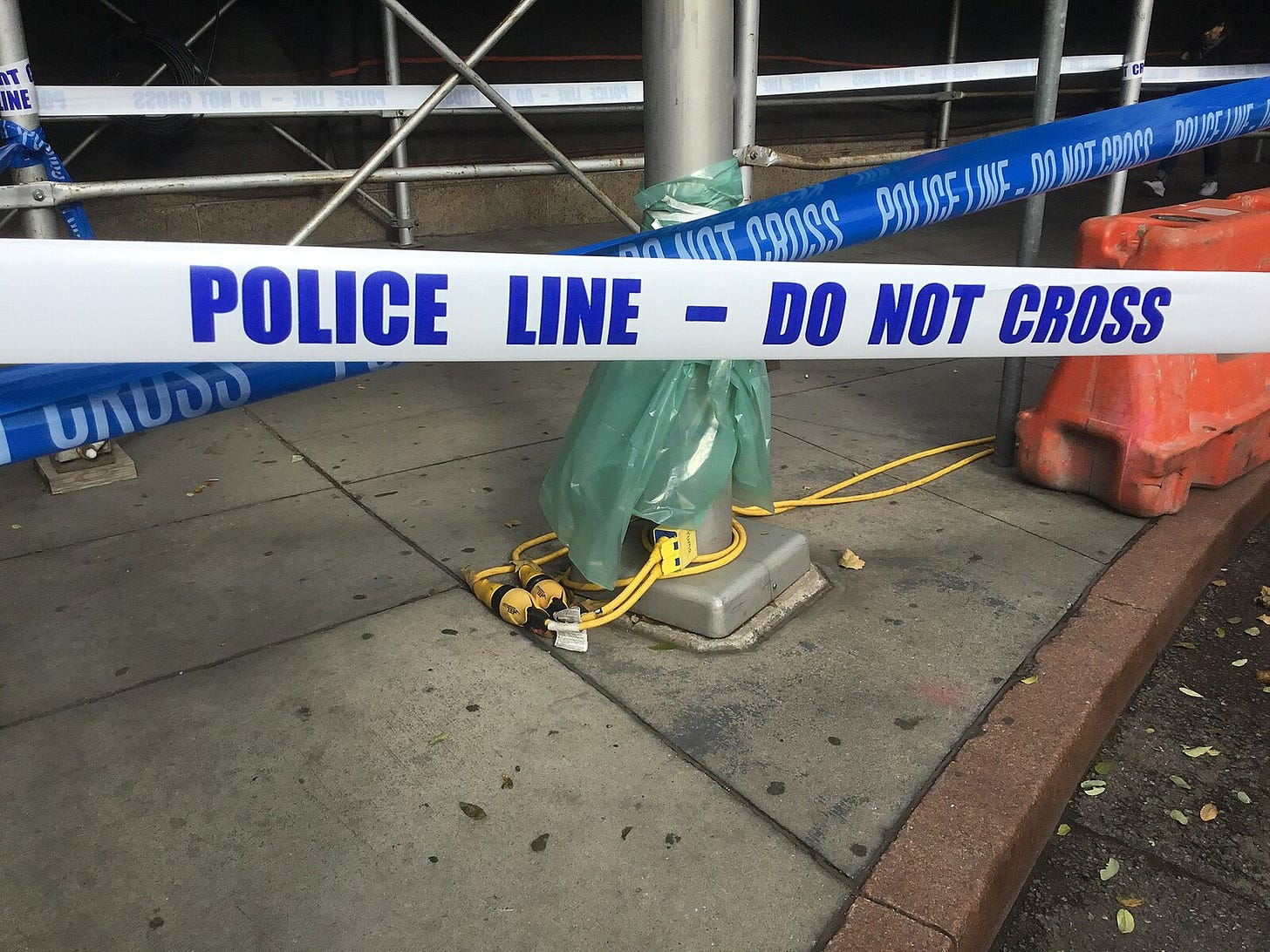
THE REALITY: The use of gang labeling is surfacing in new, disturbing ways. For example, recently there have been numerous instances where people have been labeled as gang members, which has been a precursor for their arrest, detention, or even deportation.
In New York City, gang labeling has taken a similarly concerning shape. Widespread gang labeling and policing is manifesting through the New York Police Department’s (NYPD) gang database. Thousands of New Yorkers are being surveilled, criminalized, and labeled as gang-associated — notably, not for committing any crimes, but for their speech, for their friendships, for something as commonplace as wearing luxury clothing, and so much more.
Labeling someone as a gang member, or being associated with a gang, can be leveraged to skirt around the law and racially target entire groups of people. It has nothing to do with keeping communities safe. Instead, it’s a pretense for criminalization.
THE BACKGROUND: For years, the NYPD has operated its gang database in secrecy and silence, ensnaring tens of thousands of Black and Latinx New Yorkers in a dystopian net of surveillance and police enforcement.
But now, following the New York City Council’s introduction of a bill aiming to abolish the database and redress a long history of racial targeting, the NYPD suddenly has a lot to say.
The NYPD is attempting to defend its surveillance and harassment while conveniently ignoring the myriad ways in which it violates people’s civil rights.
WHY ATTENTION’S NEEDED: No evidence suggests gang databases improve safety or reduce crime. Nonetheless, under the guise of addressing crime, the NYPD is targeting Black and Latinx New Yorkers using vague and racialized criteria. Black and Latinx people face possibly being added to the gang database for a host of commonplace actions, including: friending someone on social media, living in a housing complex, wearing the colors black, gold, red, yellow purple, green, blue, white, brown, khaki, gray, and orange, hanging out with friends and listening to music, and so many more activities for which people of color are frequently criminalized, while white people are not.
The tactics here are clear. Labels like “gang” are being used to evoke criminality and stoke fear — regardless of evidence — in order to ensnare whole groups of people in the criminal-legal system.
ON THE HORIZON: The use of gang labeling by law enforcement and governmental entities to criminalize people is ubiquitous. But New York City Council’s bill, Intro 798, could put an end to the NYPD’s unaccountable database. The Council is expected to vote on the bill sometime this year.



